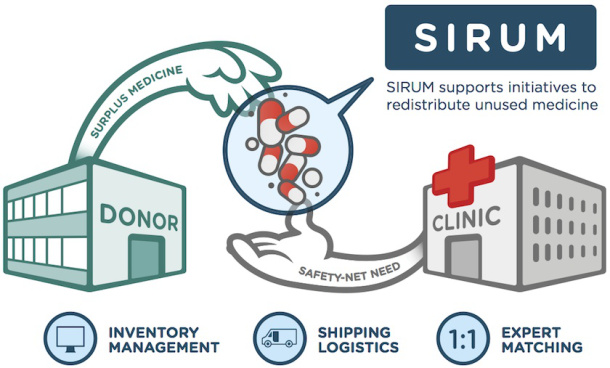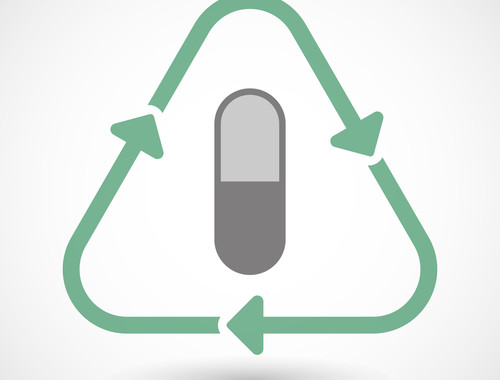Bill Proposed to Recycle Unused Drugs
Drugs are disposed all the time from health workers or patients from being unused. Because there are so many unused medications being thrown away, a bill is being proposed to save the unused prescription drugs and have them donated to the needy. Rep. Gage Froerer, R-Huntsville, is sponsoring this proposal for Utah.
H.B. 236 Charitable Prescription Drug Recycling Program, if accepted, will allow certain pharmacies, manufacturers, physician’s offices, and nursing facilities to donate their unused medications to those who are on Medicaid, Medicare, or are uninsured.
Similar Programs
Something similar to the bill happens in Oklahoma. The Oklahoma program has filled more $16 millions in prescriptions with recycled medications. This program was able to fill these for less than $6,000.
Many other states have a program that focuses on recycling medication, most are for cancer drugs. SIRUM is a program in California, Colorado, Oregon, and Ohio. This program was also created to recycle drugs. “There’s always built-in surplus in each step of the supply chain,” said SIRUM co-founder George Wang. “Wholesalers have a little bit, manufacturers have a little bit, pharmacies have a little bit, and hospitals have a little bit. All that ‘little bit’ adds up to quite a lot of surplus.” Since SIRUM was created four years ago, they have moved $5 million in medicine from donors to recipients.

Donated Drugs
The most common drugs that are donated are for heart disease, diabetes, and asthma. These conditions are most common in those who are low-income individuals. Froere’s bill will be specific on who can donate it and who the drugs can be donated to. “For example, the medication must be in sealed packaging and unexpired. And controlled substances are not allowed to be recycled, according to the bill.”
If the bill is passed in Utah, it would cost the Department of Commerce $8,200 to start the program and $1,200 a year to keep it going. This bill may help lots of people who cannot afford their medications be able to receive them. It could also spread throughout the United States also.







